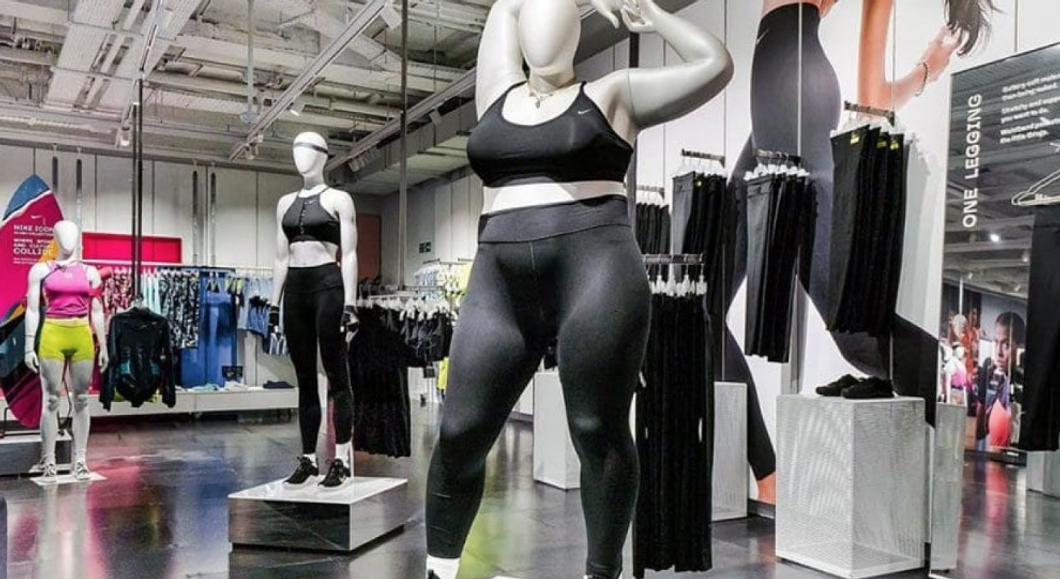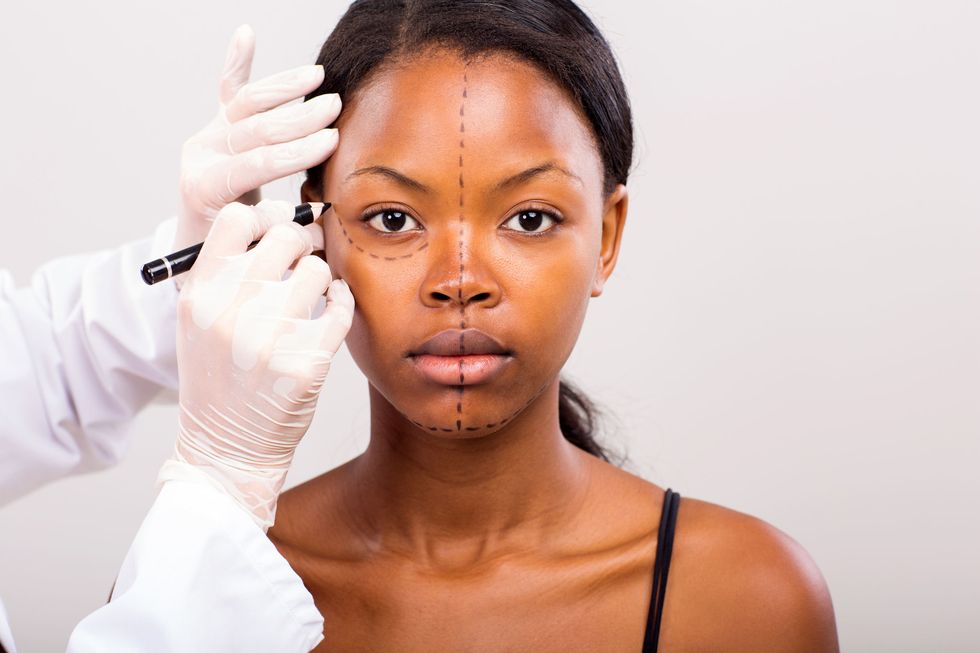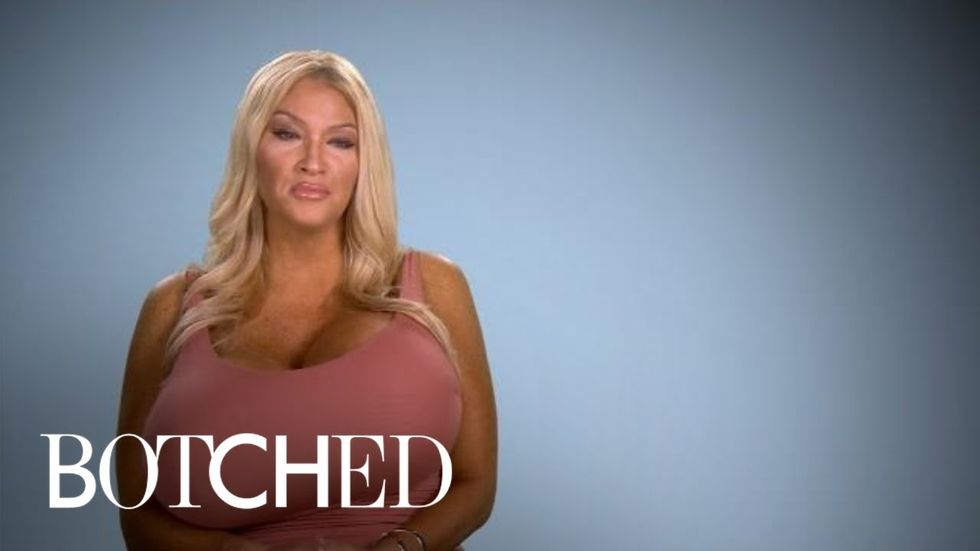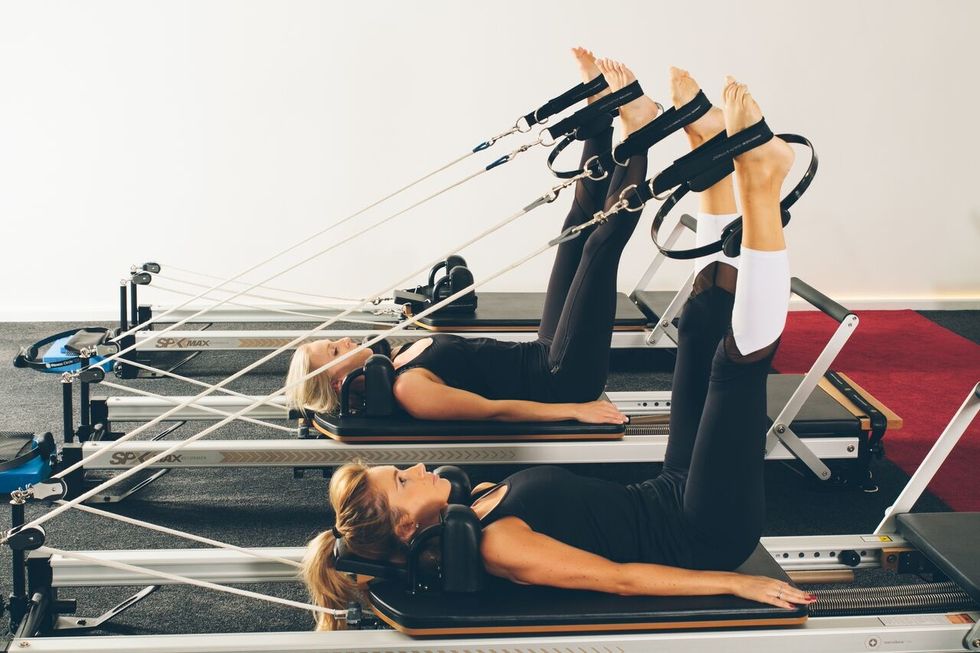Two months ago, my roommate approached me and stated that she wanted to join a gym to better her health. My first reaction was to freeze and process what she had said, because this was the same girl who made fun of me for tracking my protein intake and stretching while watching tv. My next reaction was to contain my excitement, fitness is my biggest passion and I was ecstatic to have someone come to me for support. Naturally, I talked a mile a minute overwhelming her with information on lifting, cardio, food, mental health, goals and even protein powder. She asked me how I made it to a point where I wanted to workout everyday and how I stayed consistent. I told her about the different strategies that worked for me and I’ve watched her use these same strategies the last two months. She has reached goals, prioritizes her health and finds the time to move her body. Seeing how these strategies impacted both my roommate’s fitness journey and my fitness journey, I decided to share what I did and still do to stay consistent in the gym.
Make a Plan
Each time I entered my gym, I was overwhelmed with the experienced lifters, amount of equipment and pressure of working out. I would walk around aimlessly while debating whether I wanted to get on the treadmill, lift weights or try something else. Frustrated with the time I wasted, I decided to make a plan prior to going to the gym. I started with just a simple sticky note, carefully planning each exercise, rep and set. Knowing I had a plan, helped keep me accountable to completing all exercises and gave me a purpose in the gym.
Create a Routine
Building the gym into your daily routine can be difficult. Two years ago, I would have never given up my only two hour window to lay on the couch and procrastinate my responsibilities, for a trip to the gym. I realized if I was actually going to commit to my fitness journey, I needed some structure and motivation. That being said, it wasn’t necessarily the ‘working out’ part that kept me motivated at first. It was the car ride where I would listen to my favorite album and drink my alani nu, the hydromassage I laid in after my workout where I scrolled through tik tok and the peanut butter banana protein shake I would make when I got home. Although a protein shake isn’t why I started my fitness journey, on the days I struggled to get into the gym it helped get me there. Creating this ‘mini’ routine and including these different factors I loved, made it easy to slip the gym into my daily routine. Suddenly, I wasn’t ‘finding’ time for the gym, I was making time for it.
Take Progress Pictures
When I first started working out, taking progress pictures was a struggle. I wasn’t confident in my body, therefore I wanted to avoid ‘capturing’ it. One day at dinner, my grandma recognized the progress I was making. I didn’t think I looked any different but she pulled up an old photo of me and I was shocked. It wasn’t a drastic change but I realized the hard work I was putting in was paying off. After arriving home I took several pictures and to this day I still go back and look at them. Taking progress pictures is a great way to measure your success and motivate you to keep working towards your goals.
Invest
Investing money into my fitness journey was a game-changer for me. I am my fathers daughter, meaning I take my finances very seriously. I knew if I invested money into my goals, it would motivate me to follow through with them. I started small by purchasing two new pairs of leggings and some pre-workout. When I was feeling unmotivated, I would think about the money I was losing from my membership, the gym clothes that were taking up space in my closet and the pre-workout sitting in an untouched gym bag. Time passed and I found myself buying equipment, clothes and supplements. Some may call it useless spending, but I was gaining more than I was losing. The best investment you can make is in yourself.
Find What Works For You
If you didn’t comprehend anything I wrote about in this article, I want you to focus on this last piece of advice I can give you. If you really want to commit to improving your physical health, you need to find what works for you. This is what worked for me and motivated me to stick with my fitness journey. This may not necessarily be what works for you. Maybe it’s a workout partner, the cute guy behind the desk at your gym or something else I didn’t mention. Either way, if you really want to reach your goals, you need to search for a way to stay disciplined. You have the power to create change for yourself, you just need to start.
Stop wishing, Start doing. - Donna Hartley
🦋



























The Fake World - My Personal Experience On Instagram
Body Dysmorphia, Followers, and Posting Photos—How can Instagram NOT affect my mental health.
The sticker on Kendall Jenner's phone says, "social media seriously harms your mental health." Despite her heavy presence online, she and many others are taking steps towards pointing out the dangers of Instagram, Facebook, Twitter, Snapchat, and other social media.
While it may seem like a source of inspiration, social media (Instagram in particular), seems to be causing people like me more negativity than anything else.
"People like me…", what does this mean? I am a 19-year-old female college student with serious body dysmorphia. By definition, body dysmorphia is "a distinct mental disorder in which a person is preoccupied with an imagined physical defect or a minor defect that others often cannot see." Those with the disorder often perceive themselves as ugly or obsess over ways to improve their physical appearance.
I grew up in the ballet world—one that emphasizes your weight and bases a large amount of success on attaining a specific body type. The ideal silhouette is long, willowy, and malnourished-looking. I have a more muscular build for a ballet dancer. Some days I see myself as a beautiful person on the inside and out, and other days I am the complete opposite.
My body dysmorphia comes and goes, but I know this: every time I open the Instagram app, I become consumed with my physical appearance and attaining the perfect body. I end up in a comparison game that I did not sign up for, obsessing over my imperfections and ultimately feeling unhappy despite all the blessings I have been given.
I initially created an Instagram to follow the trends—everyone at the time (when I was in middle school and high school in the 2010s) had an account and posted cool, artsy photos. I wanted to join in because I liked being behind the camera. Soon enough, however, Instagram started to place emphasis on being in front of the camera and now, seems to be a competition about who can look the best and show the most skin. As someone who is not always comfortable in her own skin no matter the outfit, it becomes quite the struggle to keep up with the followers, likes, comments, and appearance of being confident.
It was not until this year that I started to realize "the fake" in just about every photo on my feed. The "Instagram models," real-life models, and others post constantly because it brings fame, attention, and for some, confidence. I applaud anyone who believes Instagram is a positive in their lives, but many people that I know feel the same way I do—even without explicitly saying so. I am constantly reminding myself that people pay to have their photos edited. There are other apps like Facetune which are designed to alter the real-you into Instagram-you. I believe Instagram is wishful thinking—wishing you really look like what you post. While I take part in the comparison game, comparing every part of my body to famous models, I do not take part in the paid editing game. I do not have apps that will give me a jawline or thinner legs. I do not have an app that will change my face shape. I do not applaud myself on this, as I am more self-conscious than ever and have not posted a photo since February.
However, I am strong enough to know that the fake world on Instagram does not take into account real-life aspects like someone's charisma, personality, voice, behavior, etc. It does not guarantee you friends, likes, or happiness. It is taking a chance to put yourself out there, however you wish. It is up to you to interpret what you see and have a sense of your own self-worth.
With this being said, Instagram does come with some benefits. There are a few brave souls who are not afraid to post un-edited photos and who do bring awareness to the falseness and extreme editing. Instagram also comes with accounts not dedicated to selfies, but that serve as platforms for important causes such as human suffering, pollution of the earth, animal brutality, and the like.
Instagram is overwhelming with its positives and negatives, and it is up to me to decide what to believe and what to perceive as false. I find it helpful to take breaks from the app by logging out. Whenever I do decide to post next, I will do my best to post for ME, thinking about my own well-being and creating a positive message for all.